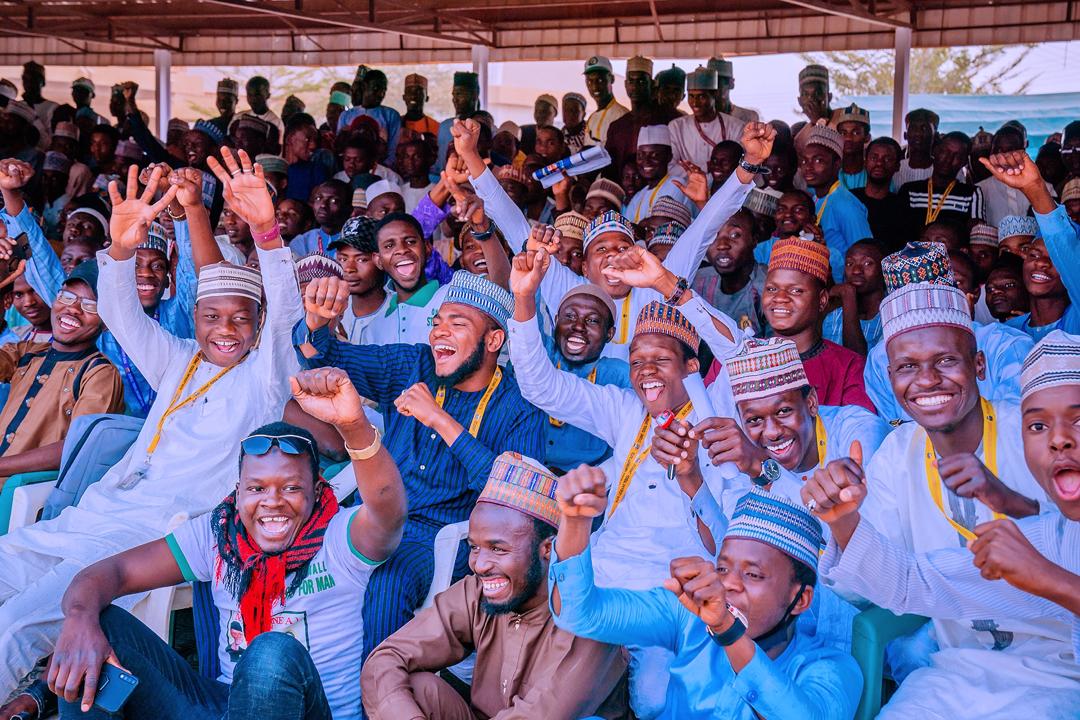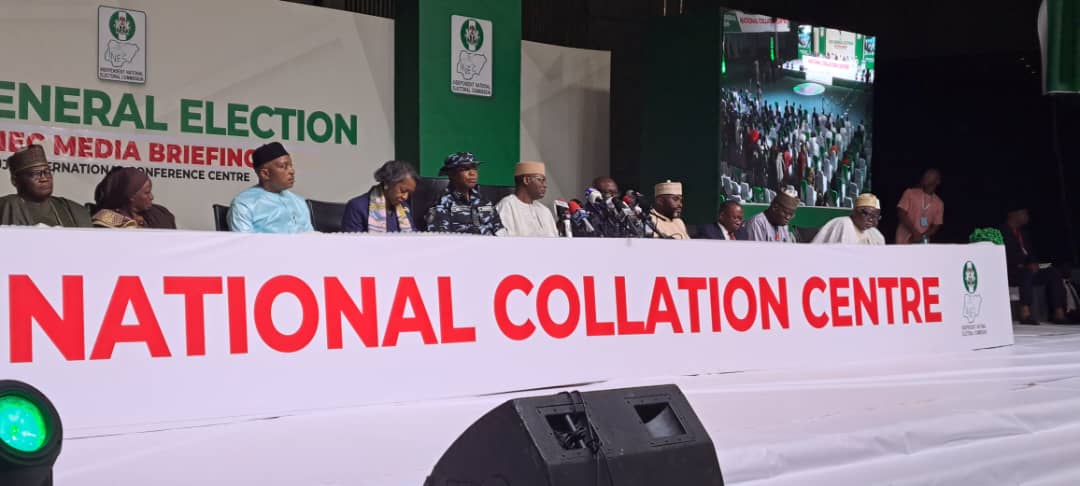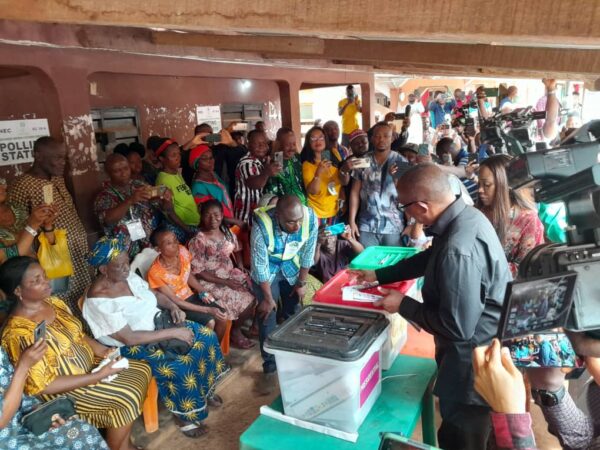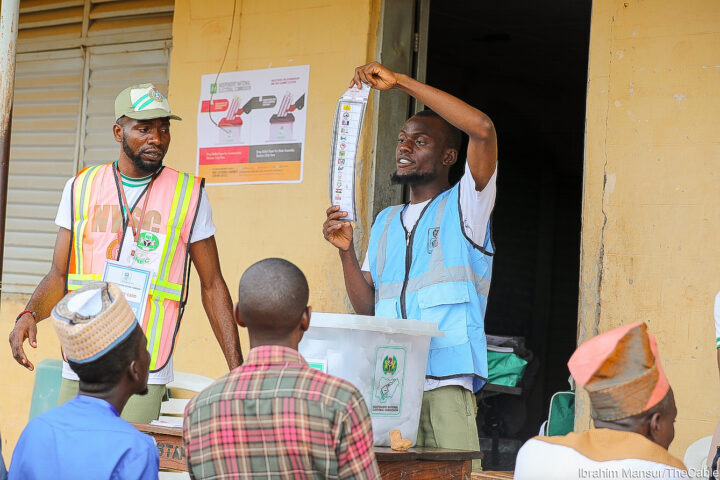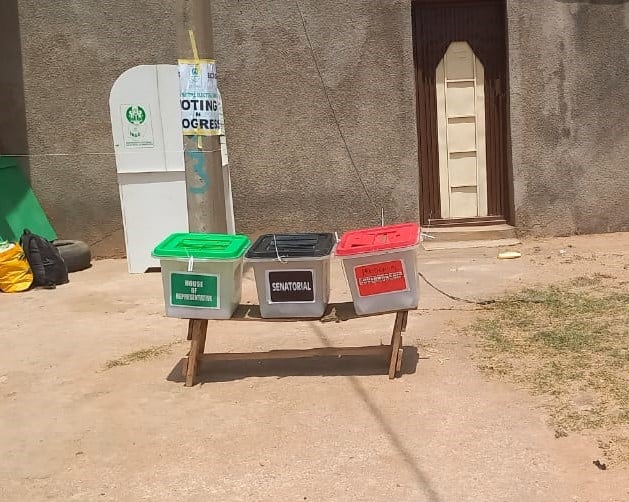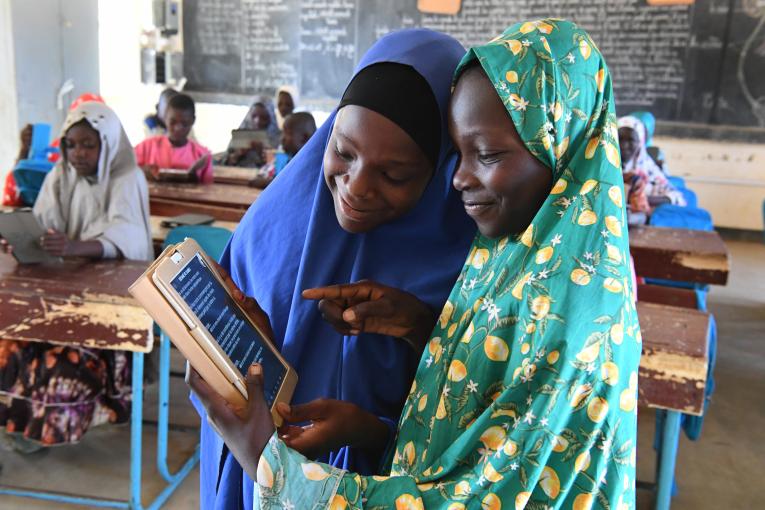Elections, all over the world, offer citizens the opportunity to be actively involved in determining the direction of their nations. Many had acclaimed elections, and by extension democracy is a game of numbers. But given Nigeria’s situation with one of the highest youth populations and numbers of registered electorates in the 2023 general elections, can there be a shift from older-population-dominated elected leaders?
There is palpable tension, which is understandable. The cash crunch, lack of adequate gas supply across the nation and more importantly, Nigeria’s population since independence had been subjected to and endured years of economic and social deprivation because of a lack of visionary leaders, which produce ineptitude political leadership. If there is anything, the youth and those who still have hope in a new Nigeria continue to have high hopes, expectations that 2023 will be a major departure from the past.
But what the mood of the generality is saying is that the patience of many to continue the old order is wearing. But despite this, a possible new dawn is thin if the youth remain active only on social media. The gruesome truth is there is no polling booth on social media and hope and enthusiasm are not enough to win any election if the youth will not go out and exercise their voting right.
History and age of candidates for elections in Nigeria
Advertisement
Right from independence, elections in Nigeria had been fraught with violence. Both the first and second republic general elections were fraught with ballot snatching among several irregularities. This was accompanied by loss of lives and rigging. Hopefully, 2023 elections with the introduction of technology violence may be curtailed. Though some reports may have some misgivings against such assumptions.
So far, Nigeria’s 1993 general election, with all the hope of a better leader, had been adjudged the best and fairest elections ever in the history of Nigeria. Yet it has its own level of uproars. The 1999 election which produced President Obasanjo was not spared of its misgiving and same for 2003 that ended in 2007.
Despite Nigeria’s youth dominated population, with 60% under 20 years, which should serve as an asset for them to take over the leadership of the country, the older generation with a corruptible tendency continued to hold sway. The effect of which is making 95% of Nigerians to be living in poverty with 19.4 million Nigerians likely to face food insecurity
Advertisement
The Nigerian general elections of 2019 seemed to have a semblance of hope with a couple of candidates in youthful age, at least with candidates below 50 years, contesting for the highest position in the country. We had the likes of Fela Durotoye with lots of enthusiasm and a promise of a new order. Many of the youth who supported these individuals fought vigorously on social media but over 80% never possessed voting cards through which they could actually voted for the candidates of their choice. Today the rest is history as the old orders with knowledge of political structure and planning won the race.
2023 election, youth’s hope and political structure
2023 general elections come with different dynamics. The political systems in the country had produced three and if by extension four prominent candidates with high chances of winning the presidential election among many available.
The four, Bola Tinubu of All Progressive Alliance, Abubakar Atiku of Peoples’ Democratic Party, Peter Obi of the Labour Party and Kwankwanso had one time or other served as governors in their respective states.
Advertisement
The difference today is that the youth seems to be more comfortable with Peter Obi’s candidacy as several polls had favoured him. Peter Obi seems to enjoy popularity among youth because he is considered to have a level of integrity and represents the future many want over the other three. Peter Obi constantly challenges Nigerian youth to take back their country from corruption
But the challenge here is that Peter obi does not have a strong established political structure that can help him win the election outside his popularity with the youth, the majority of whom are considered social media noise makers without Personal voter’s cards which can allow them to affirm their choices. Social media political noise-making never translated into any candidate winning an election
To curb vote-buying, a perennial problem and the greatest tool for election manipulation, the federal government in October last year introduced a naira redesign policy which had drastically reduced cash in circulation, hoping that this would help in the election of the right leadership.
Due to hardship and the flaws created by the scarcity of cash in the country in the last two months, the policy is likely to encourage higher levels of vote-buying in the country so far. Despite this federal government’s effort, civil societies in Nigeria had identified six states with high chances of vote-buying.
Advertisement
Youth voices as of today
Trying to get the feel of the youth across Nigeria, this reporter asked a few of them what their expectations are. Lizabeth Ikeginna, a student in the south-south region affirmed: “Nigeria is ripe for a political revolution that can change the old order, Nigerians and Nigerians youth are ready for full participation. The deprivation is enough and 2023 will reflect the will of the youth”. “The only challenge I see is that many youths in higher institutions may be robbed of their voting rights as many could not travel home despite school closure,” Lizabeth concluded.
Advertisement
Able God, another Nigerian youth in the South East region said “many youths will cast their vote despite the tough cash crunch may elevate vote-buying”. Akpan Sylvia, another young Nigerian who just graduated affirmed “many youths will cast their votes for the future as they had witnessed the deprivation created by the old order. I see bright chances for my candidate, “I am Obi-dient”; a tag associated with Peter Obi’s supporters. Sandra Michael, another young undergraduate, also affirmed, “ the chances of my preferred candidate are extremely high, I will not say much”.
Precious Akintulubo, another youth said, “Nigerian youth of today are aware and active. Youth participation is capable of changing the political dynamic and it will”. The commitment of youth towards their candidate is 99% and cash crunch will not determine the outcome in the opposite direction” Precious concluded.
Advertisement
Ogunlaja Nifesimi, another undergraduate on his part believes “2023 elections will be one of the best with regards to turn-out of electorates, especially the youth. Nigerian youths are frustrated but my fear is that I feel that a higher percentage of youth are ranting only on social media where there are no polling booths”. For this reason, “my expectation for my preferred candidate is hanging in the balance”. Peace Oladipo, a freelance journalist on her part thinks “I believe youth voices will prevail in this election, I mean given the number. I only pray there is no crisis after the elections”.
Babatunde Michael, a young public relations executive, affirmed: “Increased youth consciousness as regards politics in Nigeria should lead to a change of leadership but I personally do not think that is enough and that youth will be able to pull any significant weight in this 2023 election”. Andrew, a man in his 60s, on the other hand, sees youth hope as a mirage, “how much does the youth know about the political structure and long term strategy, which is common with the older generations of Nigerian politicians? many youths will be shocked”.
Advertisement
In terms of figures, the number of registered voters announced by the Independent National Electoral Commission (INEC) the body that conducts elections in Nigeria, is over 93 million out of which the youth population is 37 million. Students constitute 40% of this youth figure.
As already stated precedents had shown many of the literate youth on social media who speak up for their candidates had been termed social media political noise makers, even though this had been denounced by some. Political social noise makers never go out to exercise their voting rights when occasions demand. Fela Durotoye, a 2019 presidential candidate with thousands of online followers was let down in 2019.
The political structure is also a big deal in Nigeria. If underrated, the political structure can spell doom. As things currently stand, reports have it that Peter Obi did not have enough party representatives in many polling booths compared to Bola Tinubu and Abubakar Atiku. Though Peter Obi’s party debunked this with claims they have enough volunteers. But volunteers often sell out as they are not paid. We can only wait.
So when the 2023 Nigeria general elections are over, will Nigerian youth with all the influence and opportunities be able to sway the results in their favour? We can only wait.
Views expressed by contributors are strictly personal and not of TheCable.

